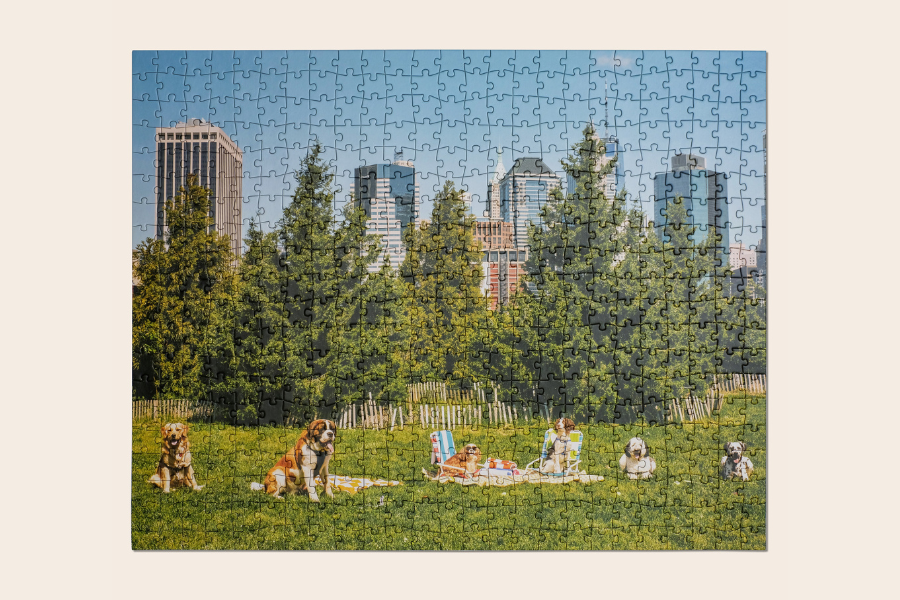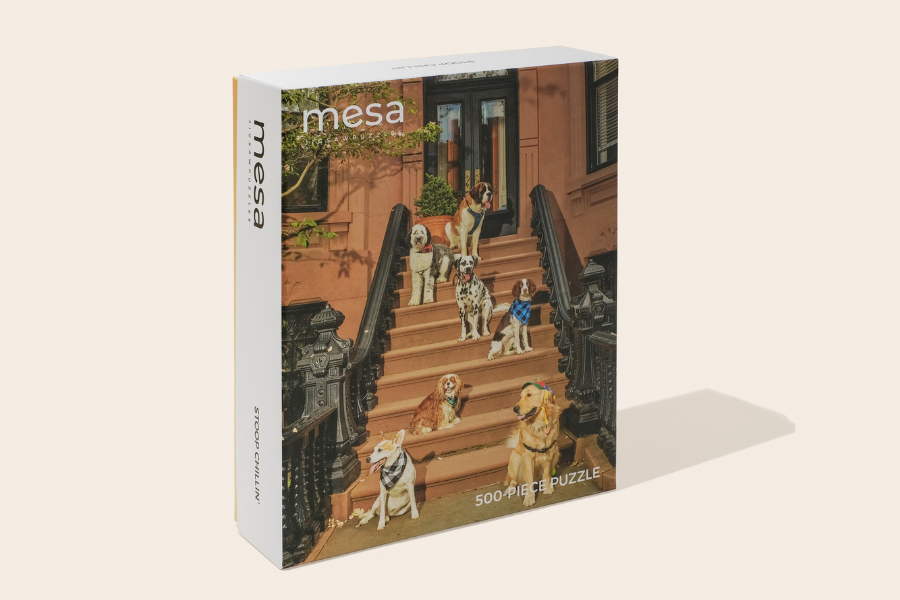Part of the fun of a jigsaw puzzle is the mystery of diving into it. What’s the process going to look like? Is it going to be as easy or as challenging as you expected it to be? How long is it going to take to finish?
A 1000 piece puzzle is often considered the standard - not the most challenging out there but definitely fit for those looking to get their brains working.
Not all puzzles are created equal, and not all puzzlers approach the task in the same way. A lot of variables come into play when looking at the completion time for a 1000 piece puzzle, but if you’re curious what to expect before you dive in, you’re in the right spot!
Key Takeaways
- It takes an average of four to 10 hours to complete a 1000 piece jigsaw puzzle, but this is just an estimate.
- A number of variables come into play surrounding the amount of time to complete a 1000 piece puzzle, especially as you increase your total pieces.
- The time it takes to complete your puzzle doesn’t matter. It’s about the ride!
How Long Does it Take to do a 1000 Piece Jigsaw Puzzle?
When it comes to the time involved to complete a 500 piece puzzle, or a 1000 piece puzzle, there is no single answer. The average puzzler will take anywhere between four and 10 hours to complete, but this rule isn’t hard and fast.
What Factors Affect the Time it Takes to do a 1000 Piece Jigsaw Puzzle?
There are a wide array of factors to consider when it comes to completion time for a 1000 piece puzzle. We tackled this topic when it comes to 500 piece puzzles, and many of the same variables apply.
Design: Some puzzle designs are way tougher than others, and this will affect your total puzzle time.
Emotions and Mood: If you’re feeling good and enjoying yourself, you’ll likely complete a 1000 piece puzzle sooner than if you’re getting frustrated or enter the puzzle feeling anxious or stressed.
Impairments and Health: Folks with memory problems, issues with hand-eye coordination, or hand/vision impairments may take longer to complete a puzzle.
Experience: If you have a number of completed puzzles recently under your belt, you’ll likely be faster and have more strategies than those who are fresh to the puzzle game.
Here are a couple more variables to consider that often apply to puzzles with 1000 or more pieces:
Piece Size: Most 1000 piece puzzles have pieces around an inch or so across, though some may have even smaller pieces depending on the dimensions, which can make for a much slower process.
Helping Hands: Once you break the 1000 piece threshold, having extra help can go a long way. It can easily speed the process along, and you are far more likely to complete the puzzle sooner than doing it entirely alone.
Final Thoughts
It can be a fun challenge to beat your own past puzzle time or push yourself to finish a puzzle in a set amount of time.
However, it is important to recognize that the joy of completing a puzzle lies in the path it takes to get there. Pressuring yourself to work harder and faster may even make the experience less enjoyable, so be sure to focus on the journey and having a fun time. You will complete your puzzle in time, and it doesn’t matter how long that takes!



